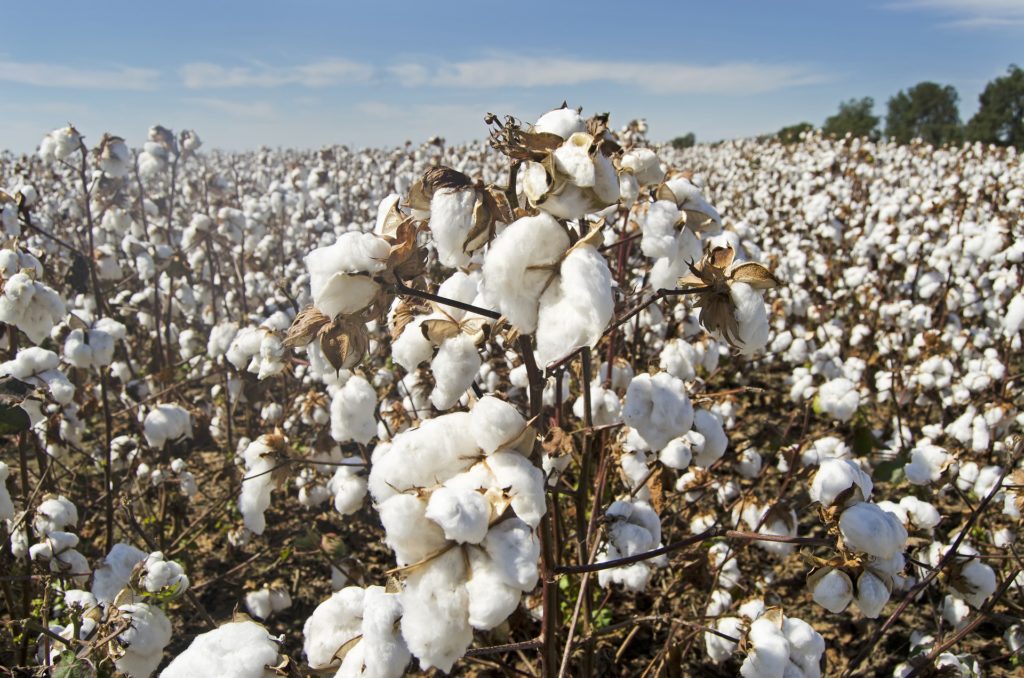TASHKENT
The European Bank for Reconstruction and Development (EBRD) and the International Finance Corporation (IFC) have each provided $60 million long-term loans to Indorama Agro, one of the largest cotton growing enterprises in Uzbekistan.
Uzbekistan’s Investments and Foreign Trade Ministry, which signed the agreement with the EBRD, and the IFC, a member of the World Bank Group, said in a joint statement that the loans would support “the modernisation of the agricultural sector and enhanced economic opportunities for the local population in the Central Asian nation.”
The EBRD’s Finance and Technology Transfer Centre for Climate Change programme, which helps companies in participating EBRD economies to implement innovative climate technologies, is also providing a grant of $140,800 to help the company introduce GPS/laser levelling technology for land development.
Indorama Agro will be the first company in Uzbekistan to introduce this technology that is widely recognised as a good agronomic and crop management practice. A subsidiary of the Singapore-headquartered Indorama Corporation, Indorama Agro was established in 2018 after Uzbekistan’s government started a privatisation process for the cotton farming industry.
The Central Asian country is making efforts to improve its investment climate after more than two decades of economic isolation. The closed, autarkic system viewed most foreign investments as a threat. That ended when Islam Karimov, who had led Uzbekistan since before the Soviet breakup, died in 2016.
President Shavkat Mirziyoyev, who was once a prime minister under Karimov and then succeeded him, has made attracting foreign investors one of his top priorities in an increasingly ambitious plan to open Uzbekistan to the outside world.
Indorama Agro is introducing fully mechanised harvesting and modern farming practices adopted from Australia and the United States, the EBRD said. The company had a sustainable business model that had focused on soil preservation and efficient water use, it added.
“The loan will help the company to make significant investments in modern agricultural machinery, farming infrastructure, modernisation of the existing and construction of new ginning facilities and extensive land and irrigation development,” the EBRD said.
Indorama Agro’s operations cover more than 50,000 hectares of land for growing cotton, wheat and other agricultural crops. The company also works with independent farmers to grow cotton on its behalf.
In 2020, the EBRD and IFC had already approved loans to Indorama Agro “to enhance economic inclusion, especially for young people and women in rural areas.”
Uzbekistan, the world’s 8th largest cotton producer and the 11th largest exporter, produced 3.8 million tonnes of cotton in 2020 in over 1,3 million hectares of land.
Experts say that a combination of government-led reform, international pressure, higher wages, and the return of migrant workers from abroad amid the COVID-19 pandemic have all but eradicated the use of child and forced labour in Uzbekistan’s cotton harvest.
“Although some local vestiges still remain, the systematic and systemic use of child and forced labour in Uzbekistan’s cotton industry has come to an end,” the International Labour Organisation (ILO) said in its recent report.
The report, compiled for the World Bank, shows that one in eight people of working age in Uzbekistan participated in the 2020 cotton harvest, which makes it the world’s largest recruitment effort. Sixty-five percent of pickers were women, and the vast majority were from rural areas.
However, the report concludes that systematic child labour has been eradicated and that it is no longer a major concern.
So far, the EBRD has invested over €2 billion through 92 projects in the economy of Uzbekistan.

